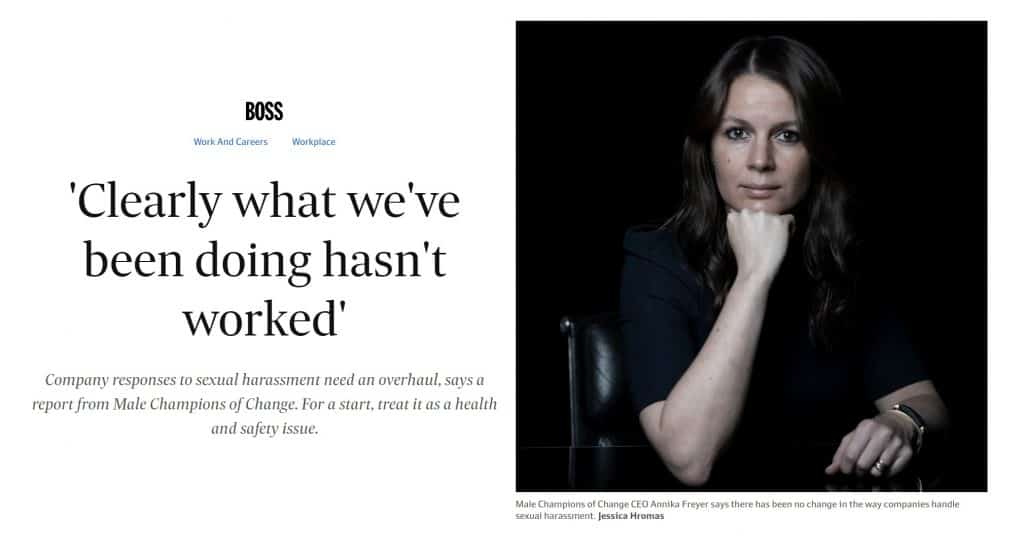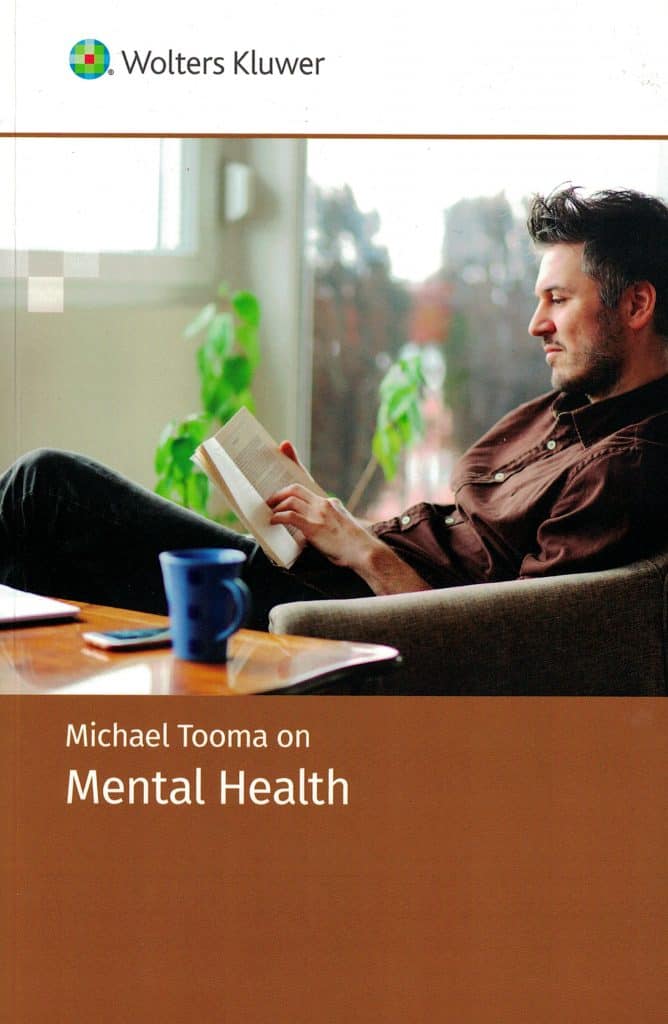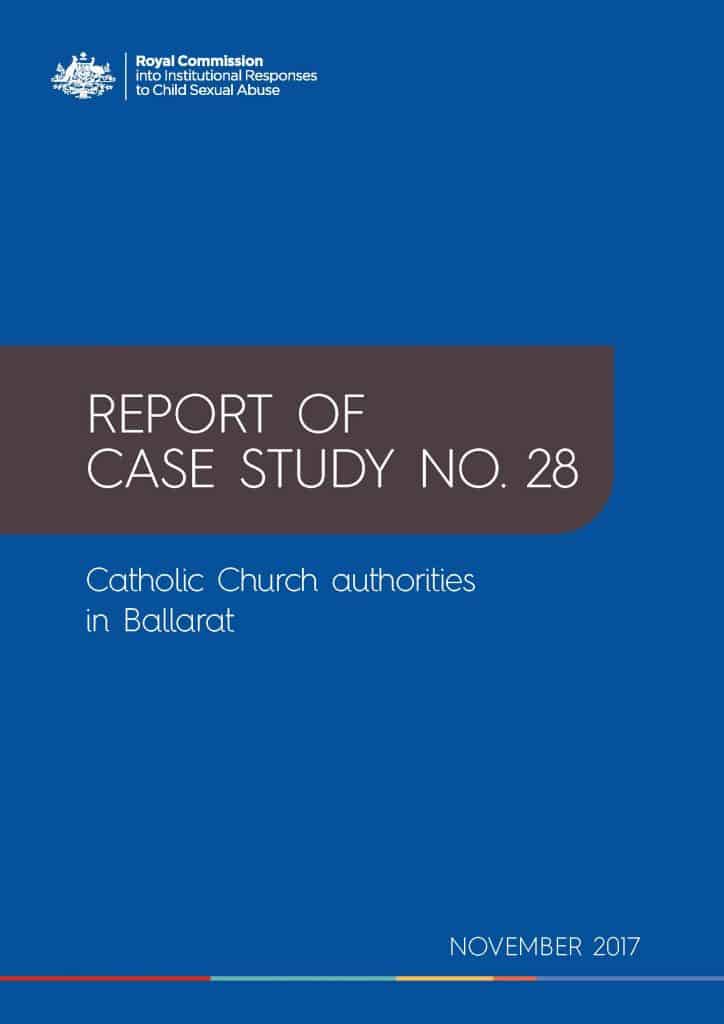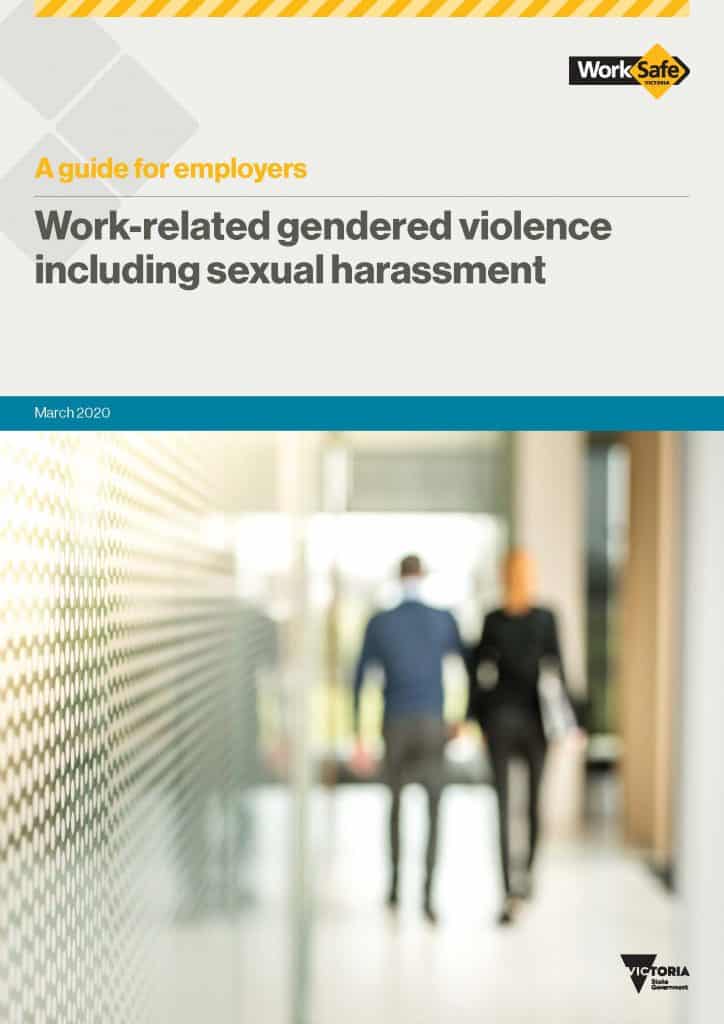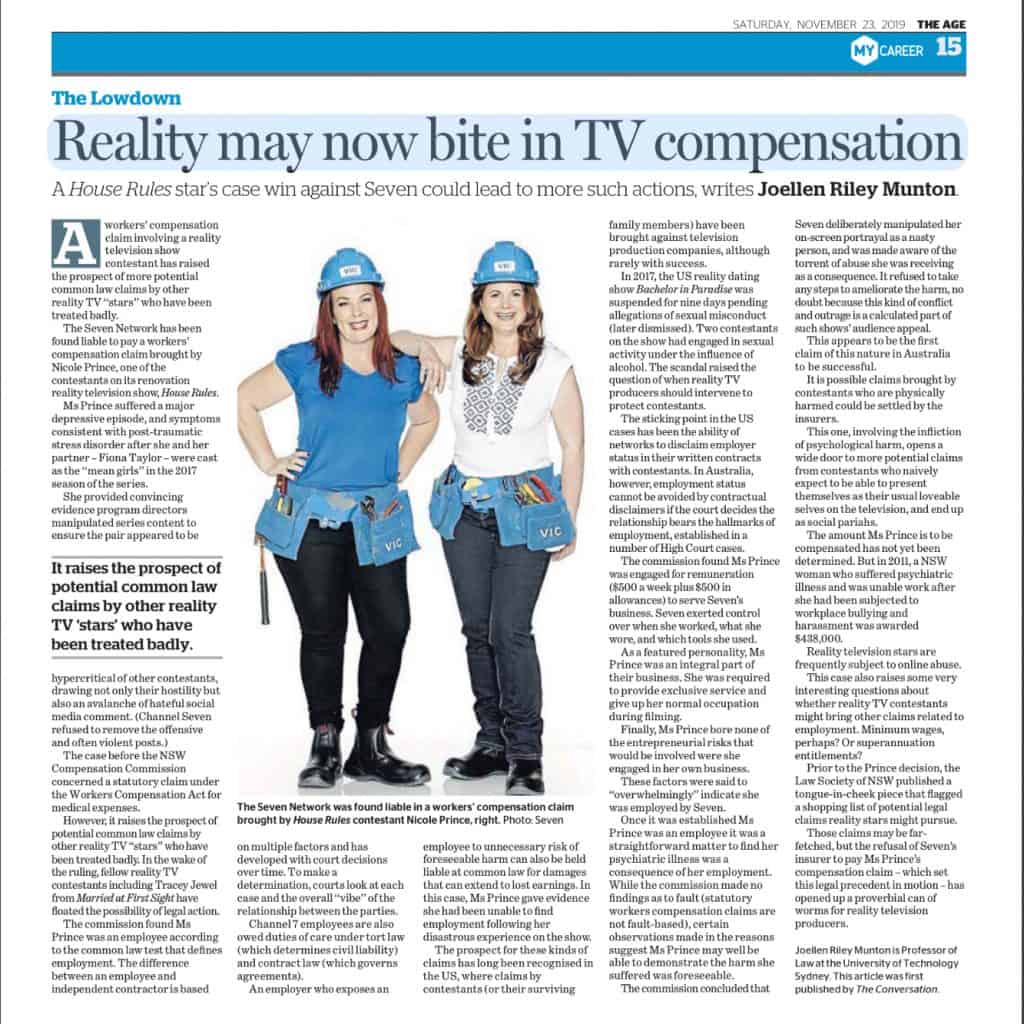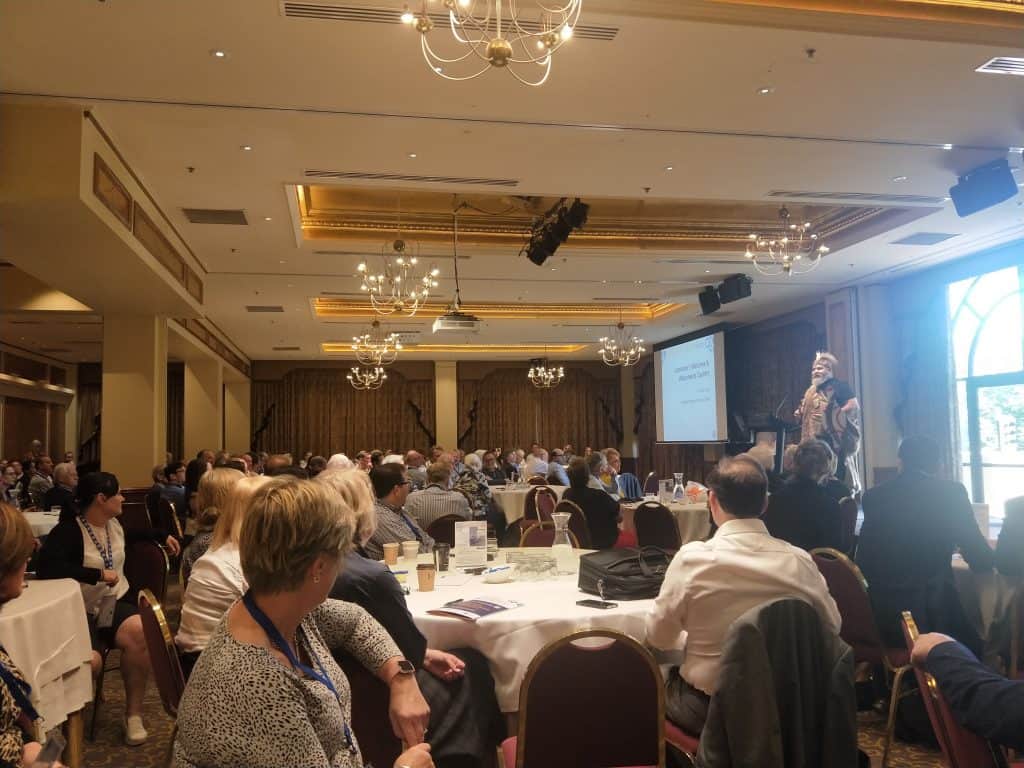According to The Weekly Times ($), the Victorian Farmers Federation has changed its stance on the fitting of operator protective devices (OPDs) to quad bikes at point of sale. Instead they want farmers to fit their own OPDs. The reason given for this change is reported as being
“… due to concerns many quad bike brands would no longer be available if manufacturers were forced to fit them.”


